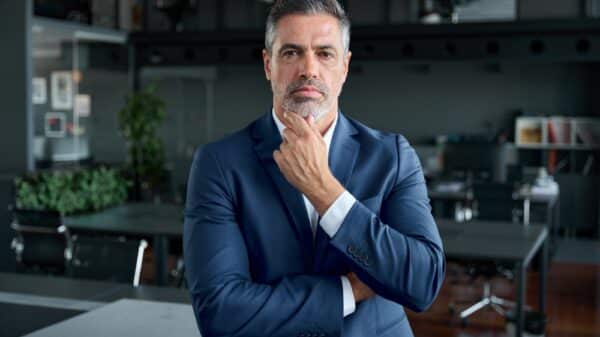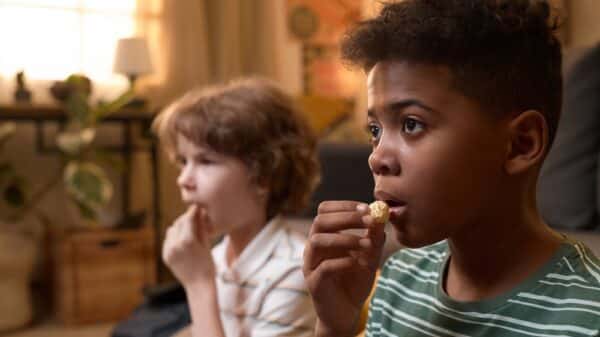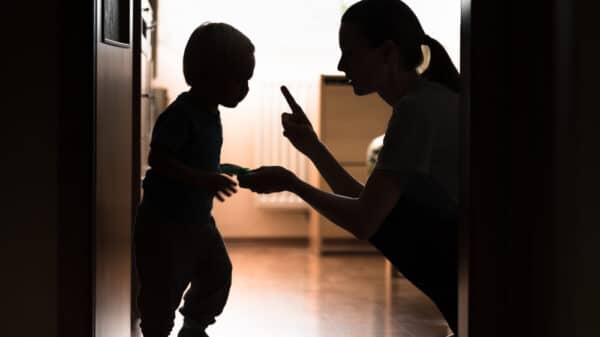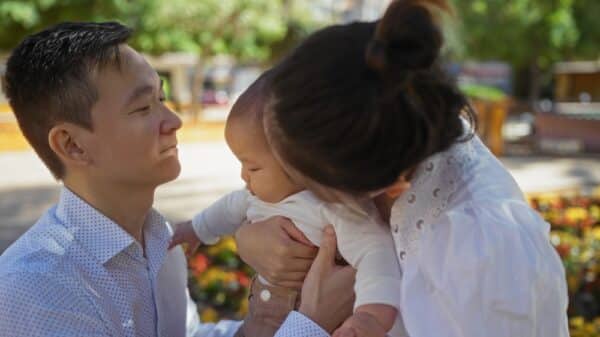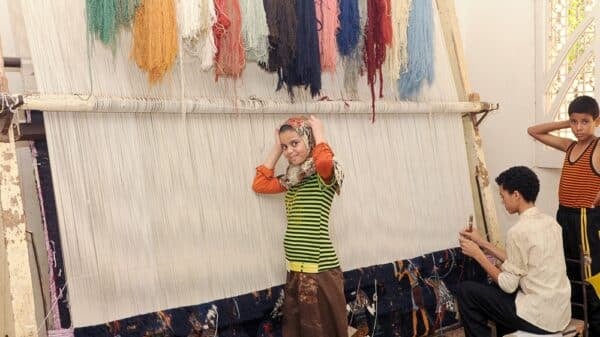A 2021 YouGov survey indicated that 11% of teenage boys and 6% of teenage girls consider becoming a YouTuber or streamer their ideal job. It’s not surprising that many kids aspire to be influencers; YouGov reports that 65% of teens follow at least one influencer, and the content they consume often showcases only the glamorous, exciting aspects of a creator’s life, filtered through their curated edits.
However, Shari Franke, a former child influencer and daughter of the controversial Ruby Franke from the 8 Passengers YouTube channel, recently addressed Utah legislators about the significant challenges faced by child influencers, particularly within family vlogs. “I want to be clear: there’s never, ever a good reason for posting your children online for money or fame,” she emphasized during her impactful testimony. “There’s no such thing as a moral or ethical family vlogger.”
The 8 Passengers channel, which was managed by Ruby and her then-husband Kevin Franke, featured their six children—Shari, Chad, Abby, Julie, Russell, and Eve. At its height, the channel attracted 2.3 million subscribers before seeing a decline in 2022. Ruby faced backlash for her parenting practices, which included severe punishments such as withholding food, threatening violence towards her child’s stuffed animal, and making one of her sons sleep on the living room floor for extended periods. In 2023, Ruby and her business associate, Jodi Hildebrandt, were convicted on multiple counts of felony child abuse. Court documents detail horrific abuse that occurred over several months towards two of her four children living with Ruby, involving starvation and physical abuse.
Shari’s testimony, however, did not focus on her mother’s felony convictions, which happened after she had left her parents’ home.
“I don’t come to today as the daughter of a felon, nor as a victim of an abnormally abusive mother,” she stated in her testimony. “I come today as a victim of family vlogging.” She further claimed, “Family vlogging ruined my innocence long before Ruby committed a crime.”
Shari clarified that the intent of her testimony was not to propose solutions or advocate for a ban on family vlogging, at least not for now; instead, she aimed to provide personal insight into the challenges associated with child influencers as a legitimate issue, especially within Utah. While this problem exists nationwide, Shari argues that Utah is a particular nexus for family vlogging, largely due to the Church of Jesus Christ of Latter-Day Saints encouraging larger families and the dissemination of their faith globally. Yet, Shari emphasizes that family vlogging is more than just capturing adorable moments or occasionally turning on the camera; it involves “24/7 labor.”
“It is a full-time job with employees, business credit cards, managers, and marketing strategies,” she explained. “The distinction between family vlogging and a traditional business is that all children involved are employees. Children, from before they are born until they reach 18, often end up as the central figures in family-run businesses on platforms like YouTube and Instagram.”
Even when children receive payment, as Shari did, it is frequently unreported. She described such compensation as “a bribe.”
“For example, we would receive $100 or a shopping excursion if we filmed particularly embarrassing moments or memorable events in our lives,” she recalled. “Alternatively, just being taken on a vacation was often viewed as adequate compensation, since many kids don’t enjoy regular or expensive trips. It’s worth noting that the child’s labor is usually what funded those vacations.”
In even the most ideal scenarios, having children trade their privacy for money raises difficult questions: what is the true cost of sharing a childhood publicly? How does constant filming affect a child’s development? How can a child make an informed decision about this arrangement when they might not grasp its long-term implications?
“How do we determine the appropriate compensation for a child’s appearance in family content? What is the value of surrendering your childhood?” she queried.
Even those children who claim to relish creating content should be viewed with caution, she warned.
“At the time, I stated I had autonomy over what was filmed, but I’ve since come to realize that every child influencer experiences a form of Stockholm syndrome,” she said.
Shari concluded by expressing concern for the future, anticipating that the issue will worsen as more child influencers reach adulthood and confront the repercussions of their early fame and financial benefits.
“I understand that as Utah residents, we generally oppose extensive government intervention,” she added. “However, when it comes to the protection of children, this should transcend political divides. The only individuals adversely affected by regulations aimed at child influencers are the parents exploiting their kids.”
Image Source: KSL News @ YouTube


